To make the press economy less difficult, besides changes in State policies, it requires quick adaptation and breakthrough solutions from press agencies.
The biggest problem facing news organizations in recent years has been the decline in traditional advertising revenue.
According to experts, about 70% of advertising revenue from print and television is gradually shifting to digital platforms, especially Google and Facebook. Businesses prioritize advertising on platforms with wider reach and better measurement of effectiveness.
Besides, although some units have implemented the payment for content on electronic newspapers (paywall), it is not effective because the culture of free reading has been deeply ingrained in the psychology of Vietnamese readers.
Besides facing the trend of modern information and communication, press agencies are facing some difficulties and problems in the regulations on financial autonomy mechanism of public service units in Decree No. 60/2021/ND-CP, dated June 21, 2021 of the Government .
In addition, the mechanism for assigning tasks, ordering or bidding for production and provision of public services using the state budget in Decree No. 32/2019/ND-CP, dated April 10, 2019 of the Government and a number of other policies for press agencies have not been completed, so the development of the press economy still has many barriers.
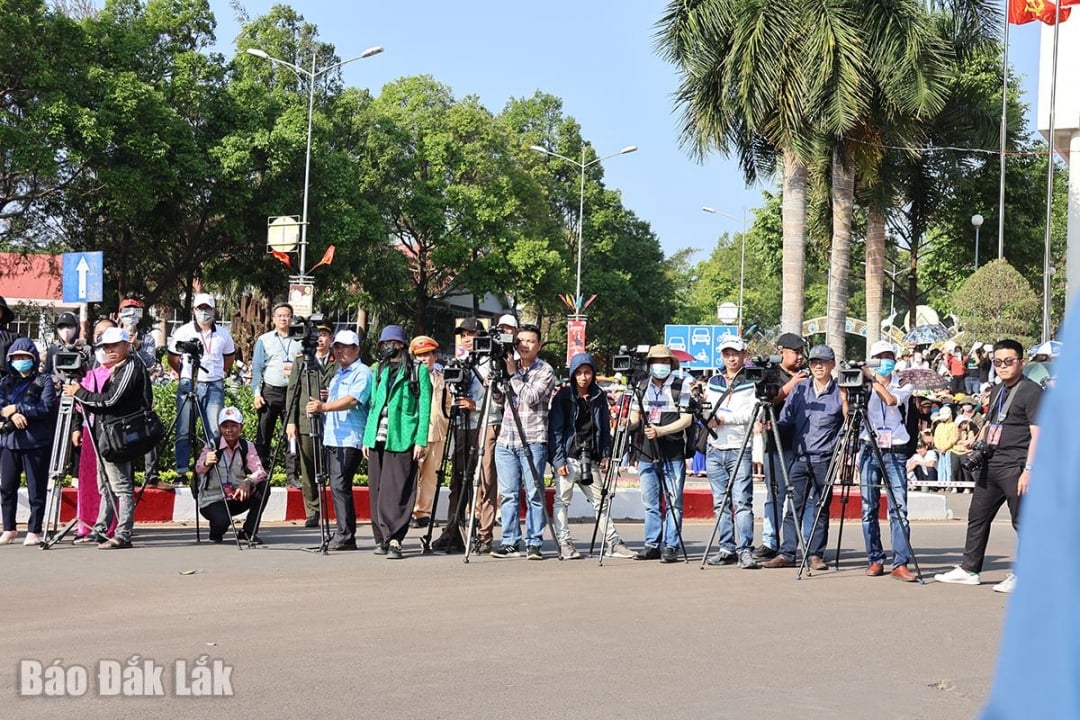 |
| Journalists and reporters working at an event in Buon Ma Thuot City. |
Prolonged revenue shortages will lead to major consequences for press activities. Specifically, press agencies are forced to cut investment, leading to a lack of content, discovery and depth. In addition, the press has an important role in monitoring, social criticism, providing multi-dimensional information and contributing to building social consensus, but when facing economic difficulties, this role can be weakened. This is something that managers and policy makers cannot ignore. In order to survive, some press agencies may be more lenient in accepting news sources and articles that show signs of commercialization and disguised advertising. This phenomenon reduces the prestige and social orientation role of the press.
Due to revenue pressure, at some press agencies, the situation of assigning revenue targets to reporters still occurs under the name of "revenue mobilization". Journalists, therefore, not only undertake professional tasks but also have to shoulder additional financial requirements, leading to the risk of confusion between the mission of information transmission and profit goals.
The pressure to “earn revenue”, “guarantee sponsorship”, “self-finance”… is gradually pushing journalists into the role of economic workers. As a result, objectivity and honesty in journalism are obscured; the quality of news content, professional ethics and public trust are seriously affected.
This situation has the potential to distort information standards, even creating loopholes for negative behavior to take advantage of press power for personal gain. The 2016 Press Law does not yet have provisions prohibiting the assignment of revenue to reporters, so some press agencies still consider economic targets as the personal obligation of journalists. Meanwhile, the press cannot operate under the management mechanism of a normal enterprise.
Reporters and journalists cannot be forced to pursue profits, because journalism inherently requires objectivity, honesty and independence - qualities that cannot be influenced by personal financial pressures.
In the context of the global media is changing strongly, the press economy faces many challenges, building a suitable legal framework is an urgent requirement today. The Press Law (amended) is being built, prepared to be submitted to the National Assembly , in order to perfect the legal provisions to institutionalize the Party and State's policies on the press; adjust and manage press activities in a timely and appropriate manner; overcome the limitations and shortcomings in current legal regulations on the press, creating a legal corridor for press development.
The draft proposes many new contents such as: the model of a multi-media press-communication complex, press activities in cyberspace or the mechanism for developing the press economy. One issue that is attracting the attention of the profession is the regulation "prohibiting revenue allocation to reporters" proposed to be included in the law. This will clearly distinguish between the economic activities of press agencies and the core professional tasks of reporters and journalists.
 |
| Organizing sports events is one of the solutions to help press agencies generate additional revenue. |
According to experts, legal documents also need to clearly stipulate the activities that are allowed to be implemented to generate legitimate revenue sources. At the same time, regulations on transparent management and supervision of revenue sources should be added. In addition, there should be preferential policies on taxes, credits or funds to support press innovation, especially for units that convert digitally and develop domestic digital platforms.
In the current reality, in addition to new policies, in order to "stay healthy", in addition to maintaining the print media format, press agencies need to develop a strategy to develop press revenue from the digital content ecosystem. That is all the content produced and distributed in the digital space, in line with the vision, mission and implementation of the strategic goals of the press agency.
Accordingly, the press must identify loyal readers to serve by improving the quality and value of content, producing exclusive, in-depth content; personalizing the reader experience; developing multi-platform content. To do this, strong application of technology and digital transformation is required by upgrading the content management system (CMS), applying AI, Big Data to the information production and distribution process.
In particular, in a modern, professional and humane press, press agencies must maintain their greatest asset, which is transparent and reliable information. Because, among the myriad of information, the press that maintains the principles of transparency, objectivity and reliability will be a vital factor in attracting and retaining readers.
Source: https://baodaklak.vn/kinh-te/202506/bao-chi-va-cau-chuyenlam-kinh-te-309033b/



![[Photo] President Luong Cuong receives President of the Senate of the Czech Republic Milos Vystrcil](/_next/image?url=https%3A%2F%2Fvphoto.vietnam.vn%2Fthumb%2F1200x675%2Fvietnam%2Fresource%2FIMAGE%2F2025%2F11%2F20%2F1763629737266_ndo_br_1-jpg.webp&w=3840&q=75)
![[Photo] National Assembly Chairman Tran Thanh Man holds talks with South Korean National Assembly Chairman Woo Won Shik](/_next/image?url=https%3A%2F%2Fvphoto.vietnam.vn%2Fthumb%2F1200x675%2Fvietnam%2Fresource%2FIMAGE%2F2025%2F11%2F20%2F1763629724919_hq-5175-jpg.webp&w=3840&q=75)
![[Photo] Lam Dong: Panoramic view of Lien Khuong waterfall rolling like never before](/_next/image?url=https%3A%2F%2Fvphoto.vietnam.vn%2Fthumb%2F1200x675%2Fvietnam%2Fresource%2FIMAGE%2F2025%2F11%2F20%2F1763633331783_lk7-jpg.webp&w=3840&q=75)















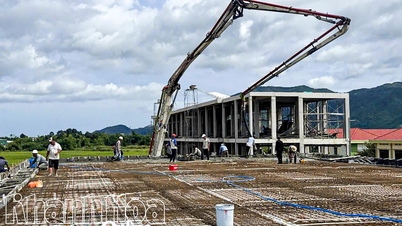

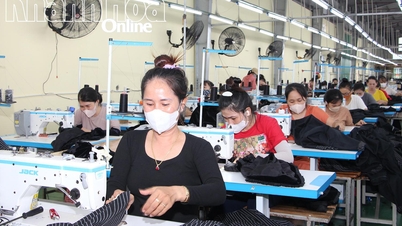





















































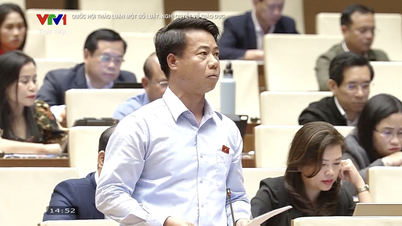






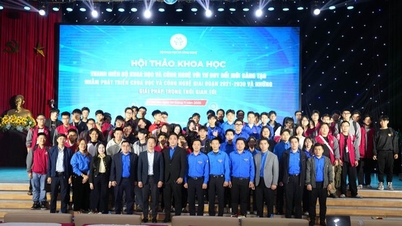

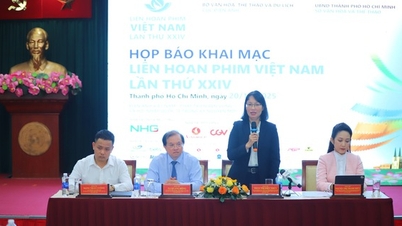



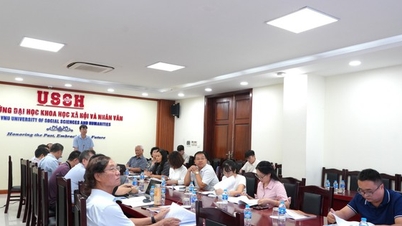


















Comment (0)